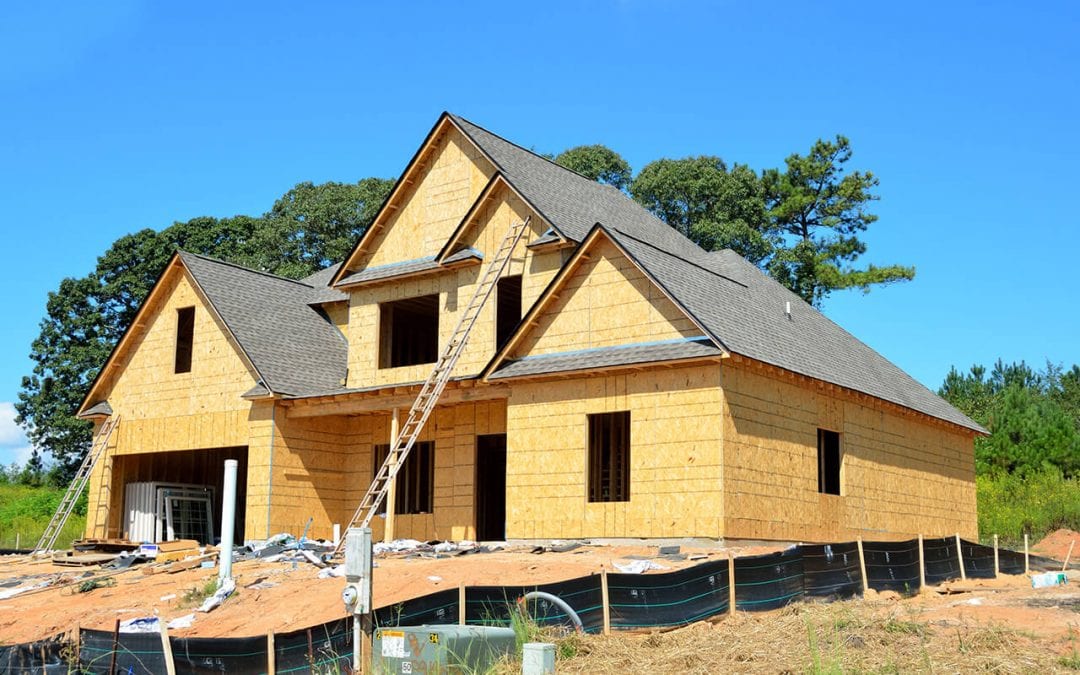Did you know that you should always get a home inspection on new construction? Surprisingly, brand new homes often have defects. Here are some reasons to get your home inspected before you move in.
What is a Home Inspection on New Construction?
A home inspection is an evaluation of a house’s appliances, systems, structure, and other areas. A third-party inspector with no vested interest in the property provides a complete report so you can go back to the builder and make sure all defects are fixed before move-in day.
A home inspection helps you determine:
- If your investment is sound
- If the property is safe from hazards
- If you will face expensive repair bills
What Could go Wrong With a Newly Constructed House?
Many people think that a home inspection on new construction isn’t necessary because new homes should be free from defects. This simply isn’t true. Here are problems that inspectors often find:
- Window leaks
- Improper grading
- Foundation cracks
- Bad framing
- Reversed hot and cold faucets
- Pipes installed incorrectly
- Improperly wired outlets
- Open electrical grounds
- Missing insulation
- Loose connections within the HVAC system
- Thermostats that don’t work correctly
- Pieces of hardware missing
- Missing handrails
Phase Inspections
It’s not enough to get one final home inspection on new construction. There are two other inspections you can request during the construction process.
The first home inspection during construction is the pre-pour inspection. This is completed before workers pour the concrete foundation for your house. An inspector goes in and makes sure the excavation and grading were done properly, footers and anchors are spaced well, and that everything is set up for a structurally-sound home. Any needed repairs must happen before the foundation is poured.
The second inspection is called the pre-drywall inspection. Your inspector is allowed to inspect plumbing, wiring, window flashing, studs, beams, posts and other important components before workers put up the sheetrock and walls. It’s easier to fix any defects before the drywall is installed.
The last inspection is called the final inspection and is scheduled once the home is fully completed. The inspector will check that everything is completed and working as expected. Your builder should fix any noted problems before closing occurs.
Isn’t the Home Inspected by Local Inspectors?
You might wonder how so many items can be missed when municipal inspectors come by during the various stages of construction.
Local inspectors do look at the home but they are checking that the home was constructed to the minimum code standards. They don’t have time to inspect every system and craftsmanship in the way a third-party home inspector does. Code and building inspectors check for compliance rather than defects.
Save Money in the Future with a Home Inspection on New Construction
If you don’t request a home inspection on new construction, then you’re making yourself vulnerable to expensive repair bills in the future.
Remember that your builder is responsible for fixing defects before you move in. Schedule inspections throughout the construction process for peace of mind that your home is in good condition.
A Plus Inspections of Texas provides home inspection services and packages to Conroe and the surrounded areas. Contact us to schedule your new construction phase inspections.

